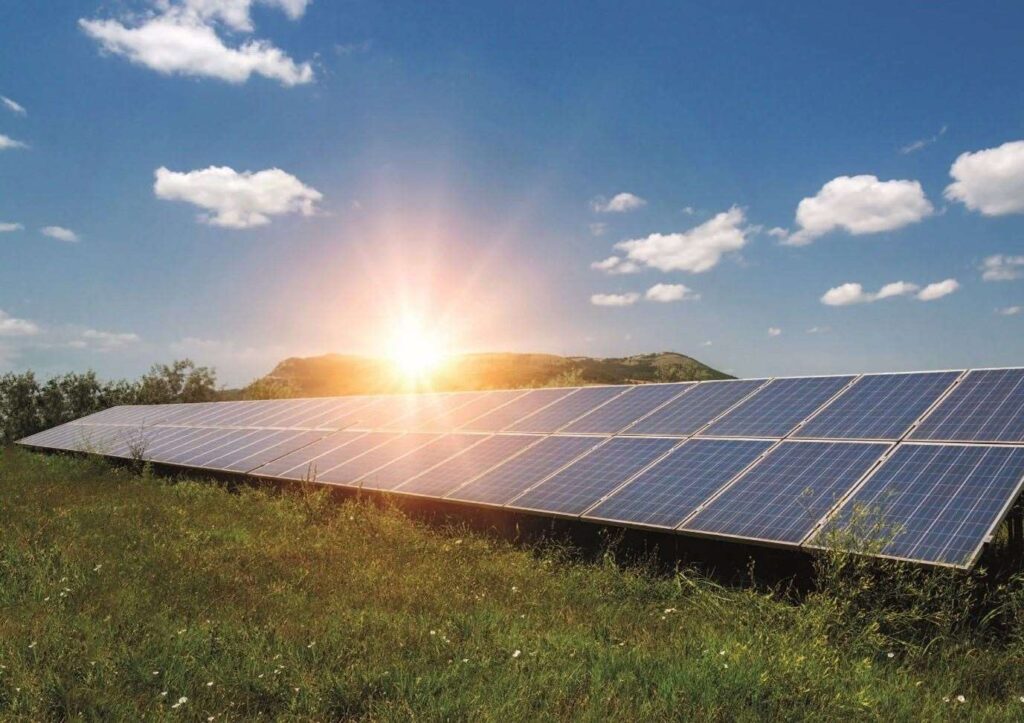Solar energy is one of the most well-known types of clean energy, and people, businesses, and even the government are interested in it. More and more people are looking to solar power as a way to lower their energy costs and carbon footprint as worries about climate change and sustainability grow. However, despite its increasing popularity, many individuals still harbor questions and uncertainties about this innovative technology. In this comprehensive guide, we delve into the world of solar energy, addressing common queries and shedding light on the benefits and considerations of harnessing the sun’s power.
Understanding Solar Power
At its core, solar power involves the conversion of sunlight into electricity using photovoltaic (PV) panels or solar thermal systems. PV panels, typically installed on rooftops or in open spaces, contain silicon cells that generate electricity when exposed to sunlight. These panels make direct current (DC) electricity, which homes and businesses can use. Inverters change this DC energy into alternating current (AC) electricity.
Benefits of Solar Energy
One of the best things about solar energy is that it doesn’t hurt the earth. When fossil fuels are burned, they give off gases that are bad for the climate. Solar power, on the other hand, doesn’t pollute or release carbon into the air. In order to lessen the effects of climate change and make less use of limited resources, we can tap the sun’s immense energy.
On top of that, solar energy has big financial perks. Even though the cost of solar panels and installation may seem high at first, the money you save on your energy bills over time can be very large. With net metering programs and government incentives in many areas, homeowners can even get credits for the extra energy their solar systems produce, which helps lower costs even more.
Solar FAQs: Addressing Common Concerns
Now, let’s delve into Solar FAQs and misconceptions surrounding solar energy:
Are solar panels effective in cloudy or rainy climates? Yes, solar panels can still make power when it’s cloudy or raining, though they might not work as well as they do when it’s sunny. Modern solar panels are made to collect diffuse sunshine, so they can keep making electricity even when it’s cloudy outside.
What happens to solar panels at night? Solar panels can only make electricity when they are in the sun, so they don’t work at night. Any extra energy made during the day, on the other hand, can be stored in batteries or sent back into the grid to be used at night.
Do solar panels require maintenance? Solar panels don’t need much upkeep; they just need to be cleaned every so often to get rid of dust and other things that might get stuck on the surface. Also, it’s a good idea to check panels for damage and make sure they’re working properly on a regular basis.
How long do solar panels last? Most solar panels come with warranties that last between 25 and 30 years, but with proper care, they can keep making power for much longer. After 10 to 15 years, you may need to change the inverter system, but the panels will last for a long time.
Is my home suitable for solar panels? In general, homes with unobstructed access to sunlight are ideal for solar panel installation. However, factors such as roof orientation, shading from trees or nearby buildings, and local regulations may affect the feasibility of solar energy systems.
By addressing these common worries and busting these myths, we hope to give people the information they need to make smart choices about switching to solar energy.
Powering The Future: Solar and Battery Packages for Sustainable Living(Opens in a new browser tab)
Conclusion
Solar energy is a clean, renewable, and long-lasting source of energy that could completely change how we power our homes and towns. It is getting easier for more people to use solar energy as technology keeps getting better and costs go down. We can battle climate change, become less reliant on fossil fuels, and build a better, more stable future for future generations by using the sun’s energy.
In conclusion, while it’s natural to have questions and uncertainties about solar energy, the potential benefits far outweigh any perceived challenges. By exploring these common queries and embracing the opportunities presented by solar power, we can collectively work towards a cleaner, greener planet for all.
